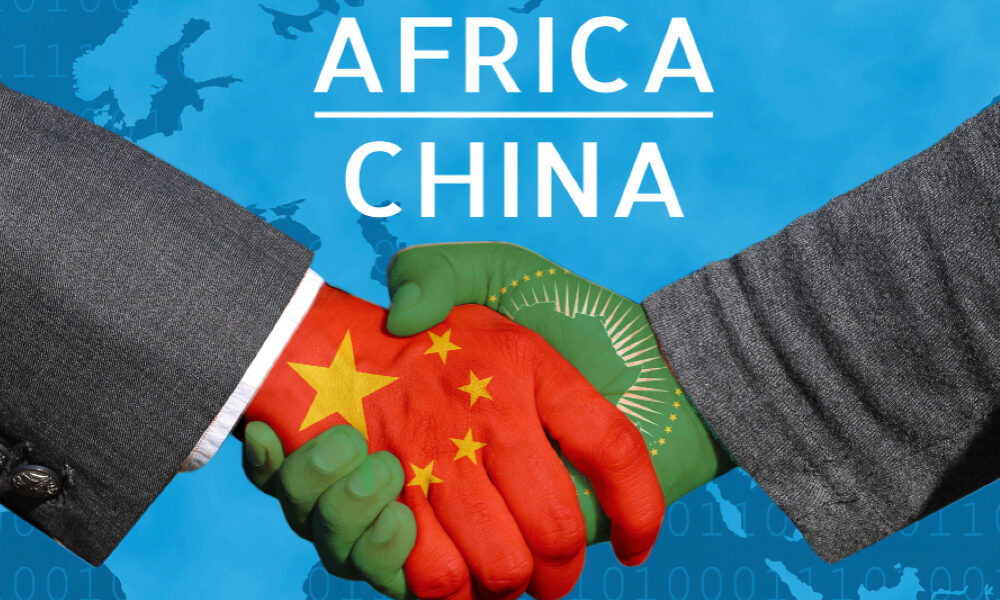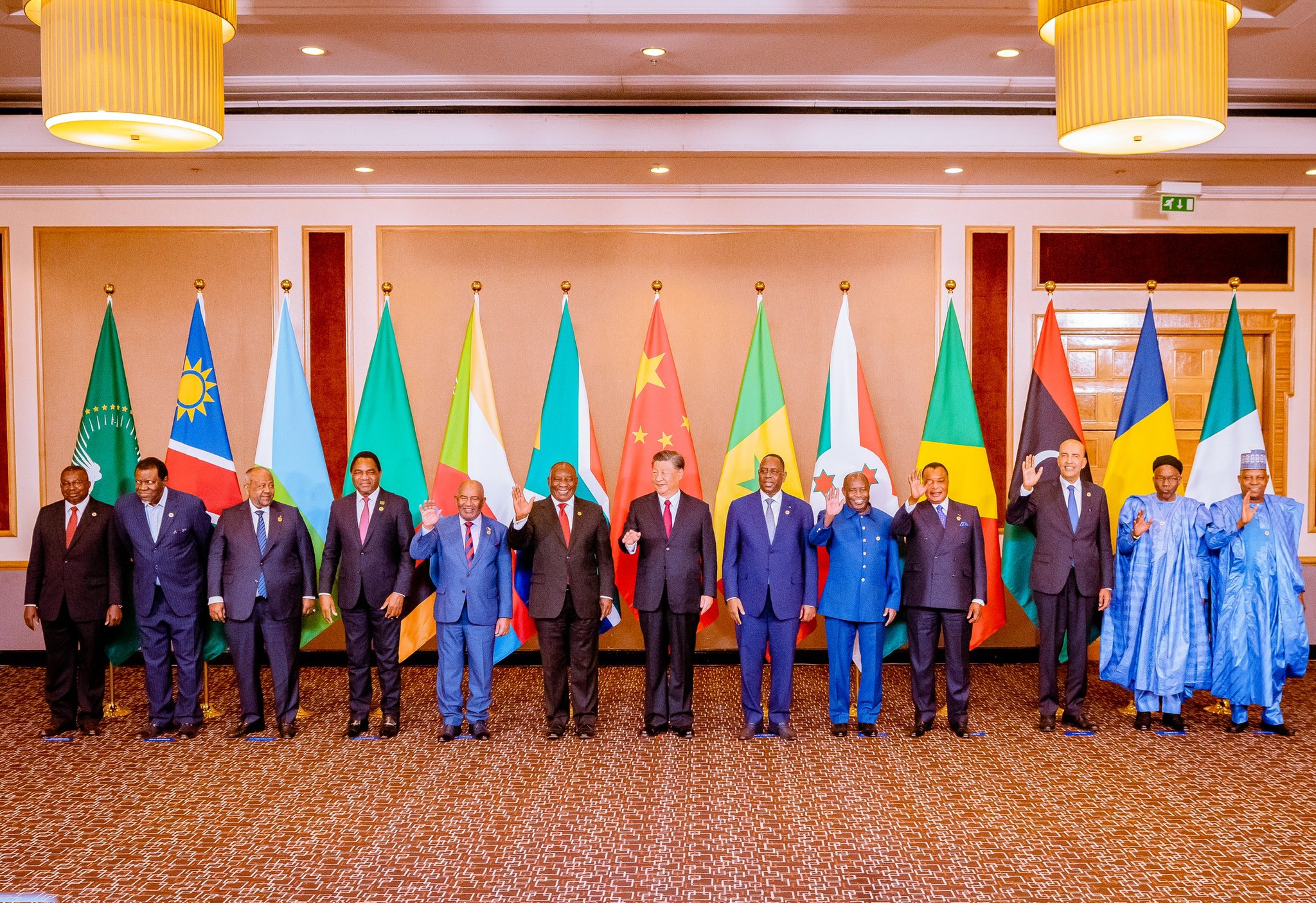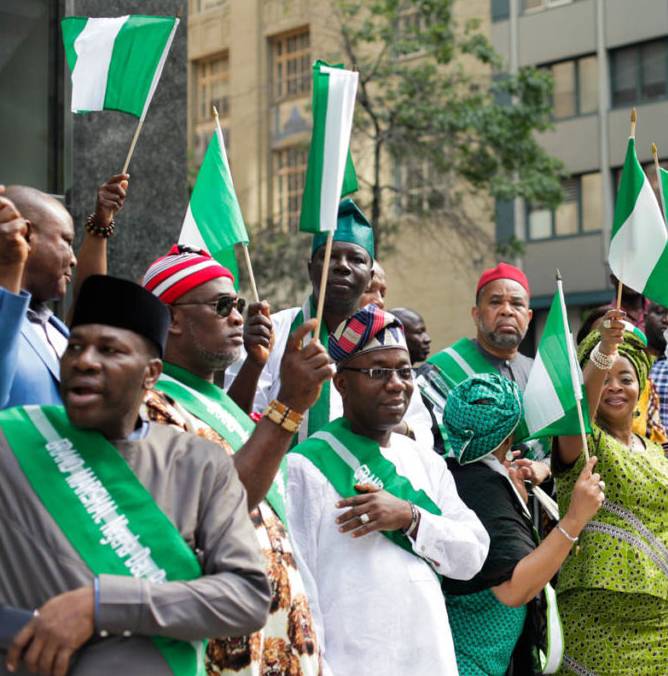There’s a powerful narrative reshaping the global map—one that isn’t broadcast loudly on international news, yet pulses quietly in the heart of cities like Guangzhou, China. Nestled in this bustling southern metropolis is a living, breathing slice of Africa—one so vibrant and populated that it might take a moment to believe: over 300,000 Africans, building businesses, communities, and cultural bridges far from home. This isn’t just about migration or trade. It’s about how a continent and a nation, separated by geography and seemingly different in history, have found deep, unexpected synergy.
The story of Africans in China didn’t begin with a single decision or agreement—it grew from years of small steps, individual dreams, and the courage to explore unfamiliar terrain. Many Africans, particularly from West African countries like Nigeria, Ghana, and Mali, saw the opportunity in China’s rising economy. Not just as consumers or tourists, but as entrepreneurs. As pioneers. As people seek something more.

Read Also: Uphorial Sweatshirt

The result? An ecosystem of shops, wholesale hubs, fashion houses, restaurants, and logistics businesses—run by Africans, serving not only fellow migrants but also Chinese clients and international traders. From electronics to textiles, hair extensions to spicy jollof rice, what you find here isn’t a cultural replica—it’s a living fusion. Language barriers didn’t stop this movement. Neither did visas, cultural differences, nor the sheer scale of adaptation required. That’s what makes this phenomenon extraordinary: it is powered by sheer will and mutual benefit. Africans brought grit, supply chain savvy, and a deep understanding of regional demand. The Chinese market offered manufacturing power, a central location for export, and a chance to scale fast.
It’s easy to write this off as just another pocket of migration, but that would be a grave oversight. This is a window into the future of global commerce—one where South-South cooperation isn’t an academic theory, but a daily lived reality. In these towns, a Togolese shop owner might partner with a Chinese supplier to export electronics to Lusaka. A Nigerian logistics manager might work alongside a Chinese freight company to reach markets in the UAE. But beyond business, there’s something deeper: community.
African churches echo with praise songs on Sunday mornings. Cultural festivals light up alleyways and plazas. Hair salons double as therapy rooms. Local cafés buzz with Pidgin English, Swahili, Yoruba, French, and Mandarin—all coexisting in a single block. Of course, there have been tensions. Regulatory crackdowns, visa renewals, and episodes of racial misunderstanding have tested this relationship. But many have stayed, grown roots, started families, and even learned Mandarin to deepen ties. Others have returned home with more than money—they’ve taken back strategy, insight, and a broader vision of what’s possible.
It forces us to rethink what migration looks like today. Not just movement from the Global South to the West—but a powerful, deliberate, entrepreneurial south-to-south connection. A redefinition of influence. In many ways, this African presence in China isn’t an anomaly. It’s a forecast. It hints at the evolving dynamics of globalization, where power no longer flows in one direction. Where collaboration blooms in unlikely places. Where connection is built not on government deals but on human grit. And maybe, just maybe, it reminds us that Africa isn’t waiting to be discovered or saved. It’s already moving, building, adapting, and exporting culture, courage, and commerce to every corner of the globe. Even to the heart of China.



